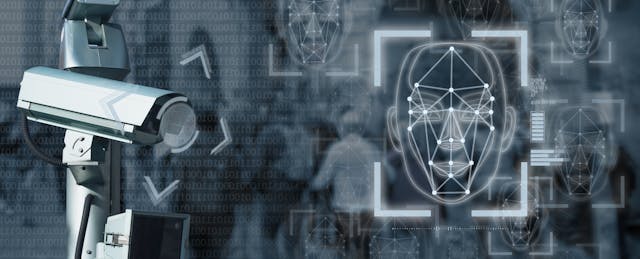More than 40 colleges have said they do not use facial recognition technology on campus and stated they have no plans to do so, according to a new “scorecard” published Tuesday by an advocacy campaign titled Ban Facial Recognition on Campus.
Launched in mid-January by nonprofit advocacy organizations Fight for the Future and Students for Sensible Drug Policy, the effort aims to pressure colleges to be more transparent about their use of facial-recognition tools and ultimately prohibit the use of this kind of technology on campus, out of concerns that they violate student privacy and may be biased against minorities.
To create its scorecard, the campaign contacted nearly 100 higher ed institutions, starting with the 40 institutions ranked highest by U.S. News & World Report and adding others that are “prominent” or that have been featured in media reports about facial recognition tools, according to Evan Greer, deputy director of Fight for the Future.
So far, more than 30 of the contacted colleges have yet to respond or have declined to comment. Among the former are Stanford University and the University of Southern California, which, according to a 2019 story in student newspaper The Stanford Daily, have hosted tools designed by private company PopID that allow students to pay for meals at campus restaurants by scanning their faces. Additionally, American University, George Washington University and Duke University declined to fully commit to stay away from facial recognition in the future, according to the campaign.
Companies that make facial-recognition products say their services can help both students and colleges by improving convenience and security. According to PopID, for example, “use of facial recognition technology for payment processing is expected to reduce identity and financial theft, increase transaction processing speed, and increase convenience for consumers by eliminating the need for physical and mobile wallets.”
Among the colleges whose leaders confirmed they do not intend to use facial recognition on campus is one that has used it in the past: the University of San Francisco. The institution experimented with the technology in an effort to boost security around student dorms, but it stopped using the tool in 2016.
“Although the solution was promising, the deployed solution as a whole did not meet our needs,” said Kellie Samson, who works in media relations for the university, in an email to EdSurge.
The university subsequently decided not to proceed with a different product that it tested in 2018.
“We have no current plans to use facial recognition technology in the future,” Samson said.


